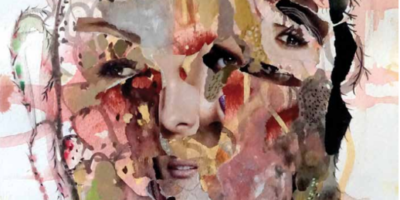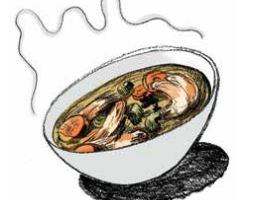Shtisel, on Netflix

The show, which was created by two men with intimate knowledge of the Haredi community, mines drama from the restrictions of ultra-Orthodox life but doesn’t suggest that its central characters want or need to escape. It’s not, like most other depictions of the Haredim, about the desire to leave the confines of their society but rather about the ordinary pains and joys of living within it.
…The series, which first aired in Israel on the satellite-broadcasting channel Yes, in 2013, introduces us to the Shtisel family exactly a year after the matriarch of the family has died. The son, Akiva, is a dreamy alter, or “aging bachelor,” of twenty-four, who draws in secret. He takes a job as a substitute teacher at a school where his father teaches and falls in love with Elisheva, an older, widowed mother of one of his students. Shulem, the father, is a man of creature comforts who always seems to be eating. When the series opens, he transfers his mother to a nursing home where, for the first time in her life, she owns a television. The stalest reality show becomes, in her telling, a Talmudic feat: “There is a tribunal of scholars who teaches them how to sing!” she tells Shulem breathlessly. Akiva’s sister Giti is married to a kosher butcher who goes rogue in Argentina, leaving her to care for their five children alone. The couple’s eldest daughter is Ruchami, a beautifully drawn teen-age bibliophile who, at night, reads to her brothers from what she calls “Hannah Karenina.”
“Shtisel” is generous, lighthearted, and nostalgic—even when the origins of its nostalgia remain elusive. It is also a little old-fashioned, not only because of its subject matter but because of its situational structure. Things happen and cease to happen to the characters within a single episode: an illness, a robbery. It’s drama dressed as a sitcom.
RUTH MARGALIT, “Seeing Inside the Israeli Ultra-Orthodox Community on the Netflix Series ‘Shtisel’,” newyorker.com, April 14, 2019.




